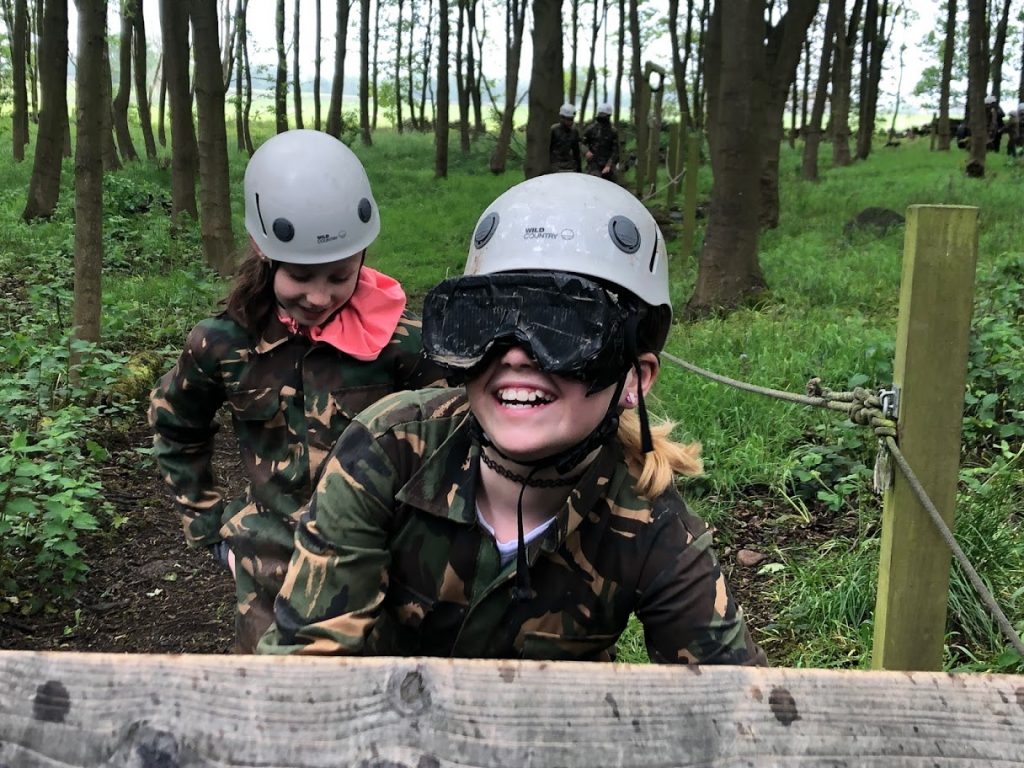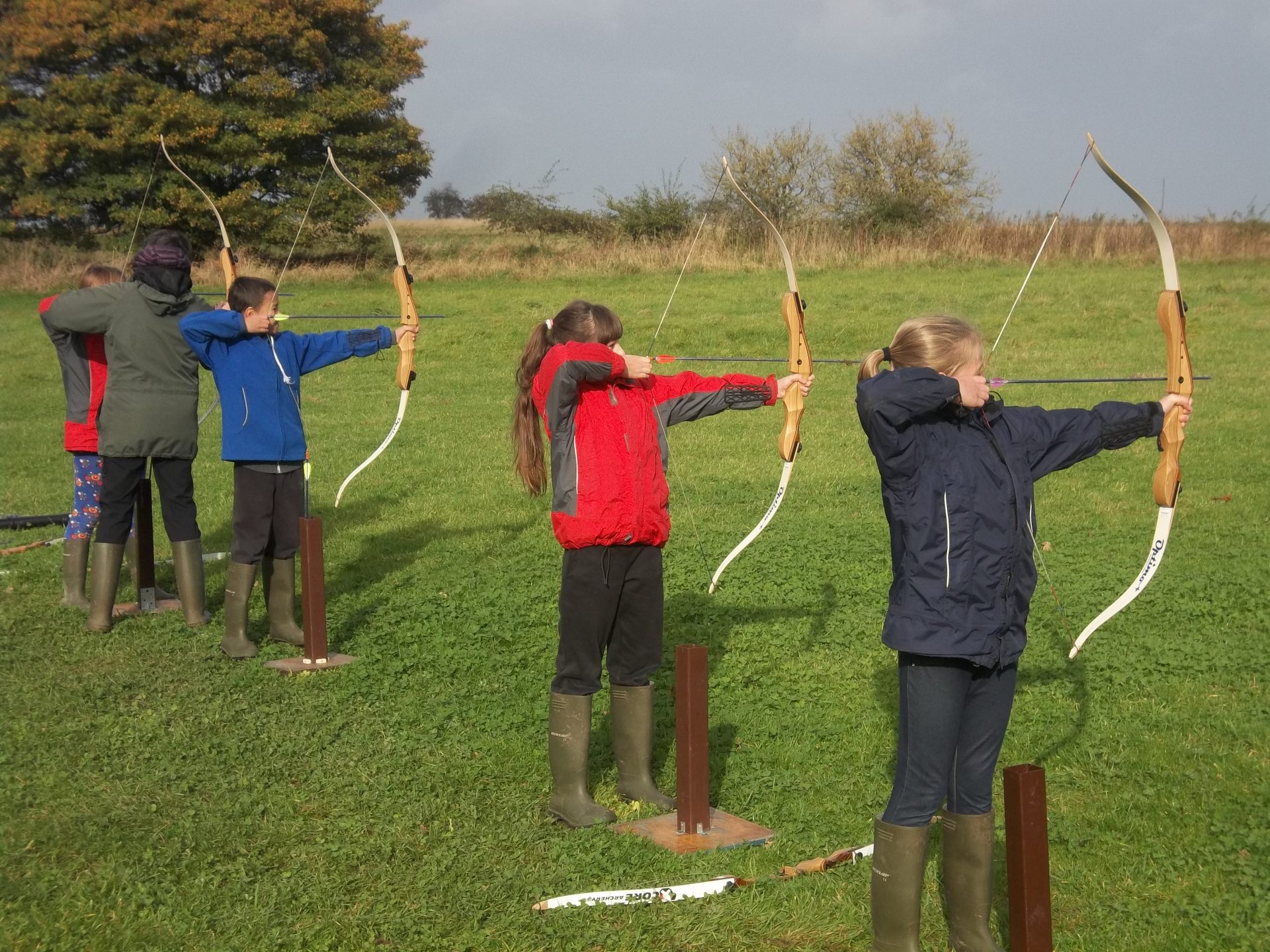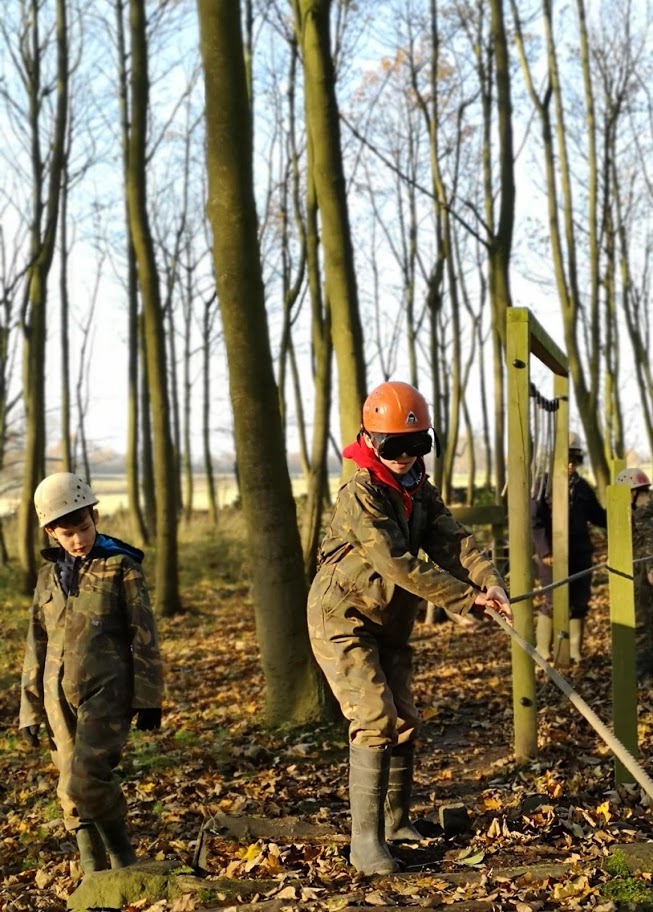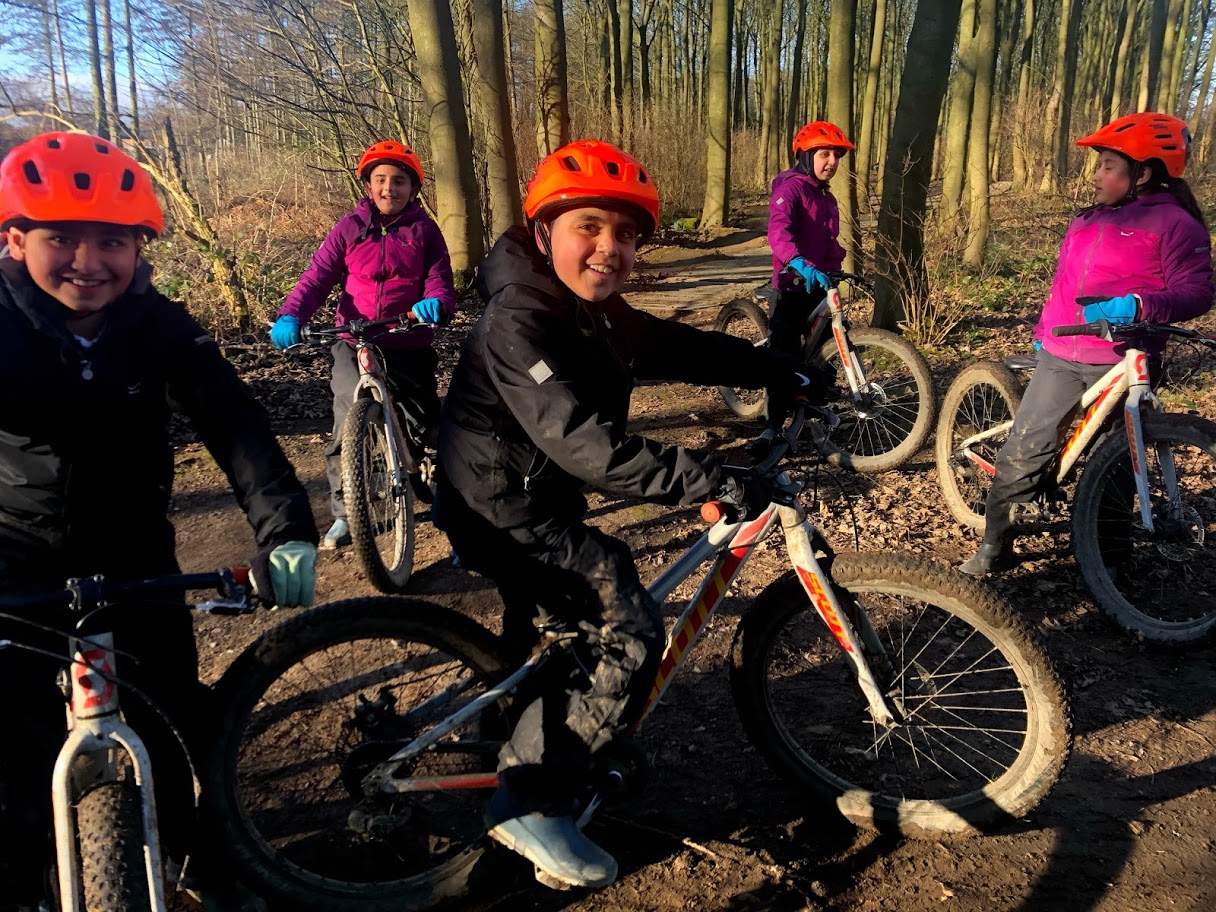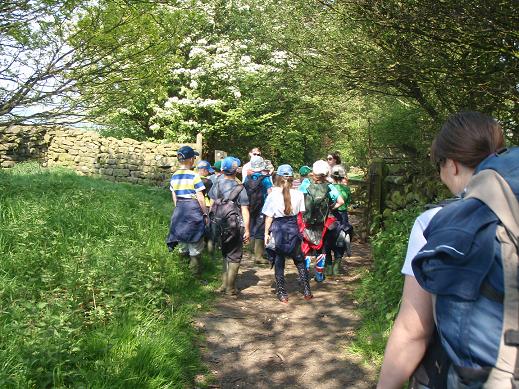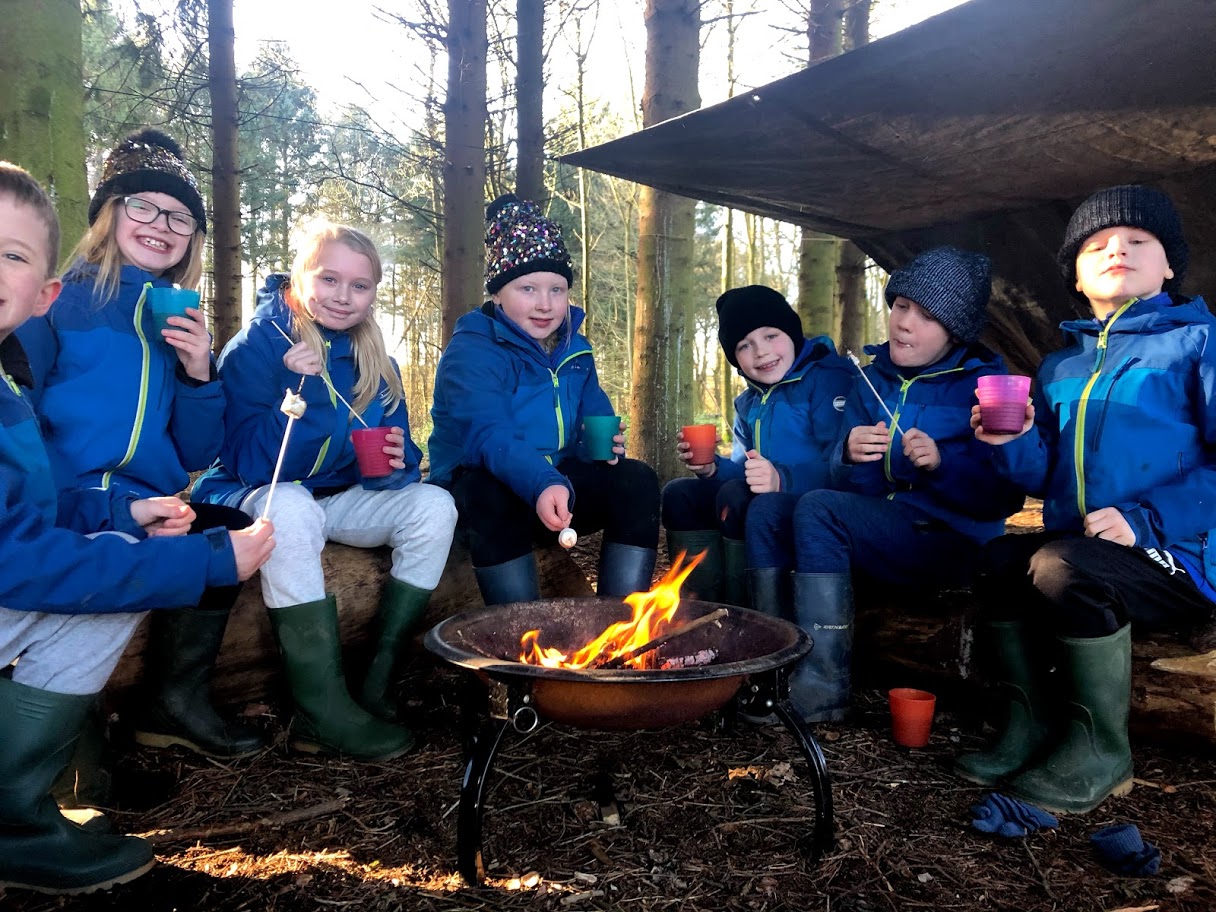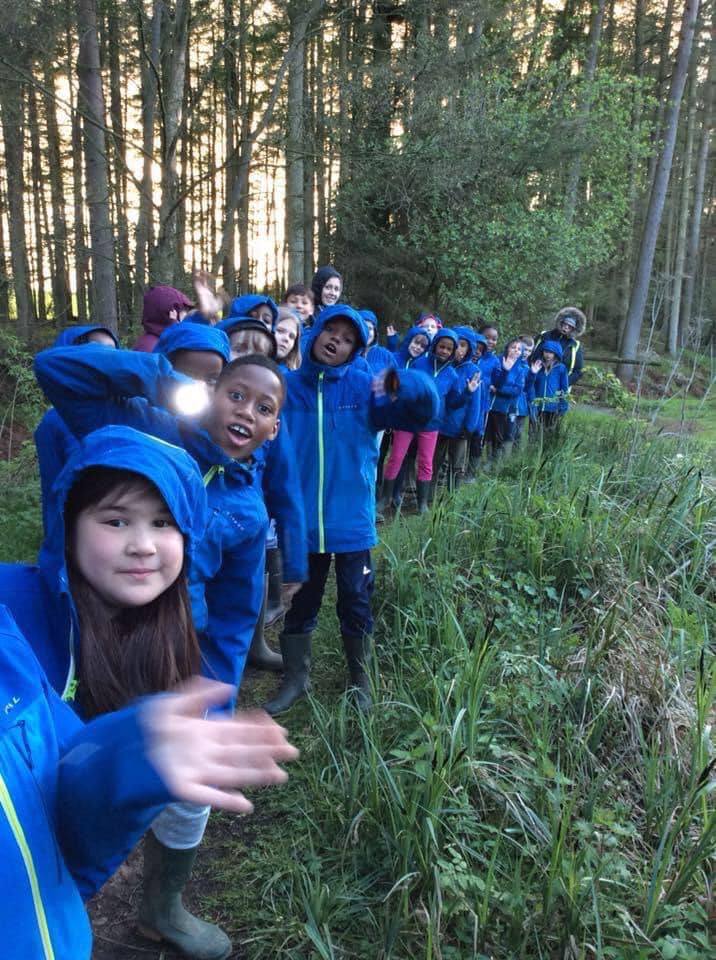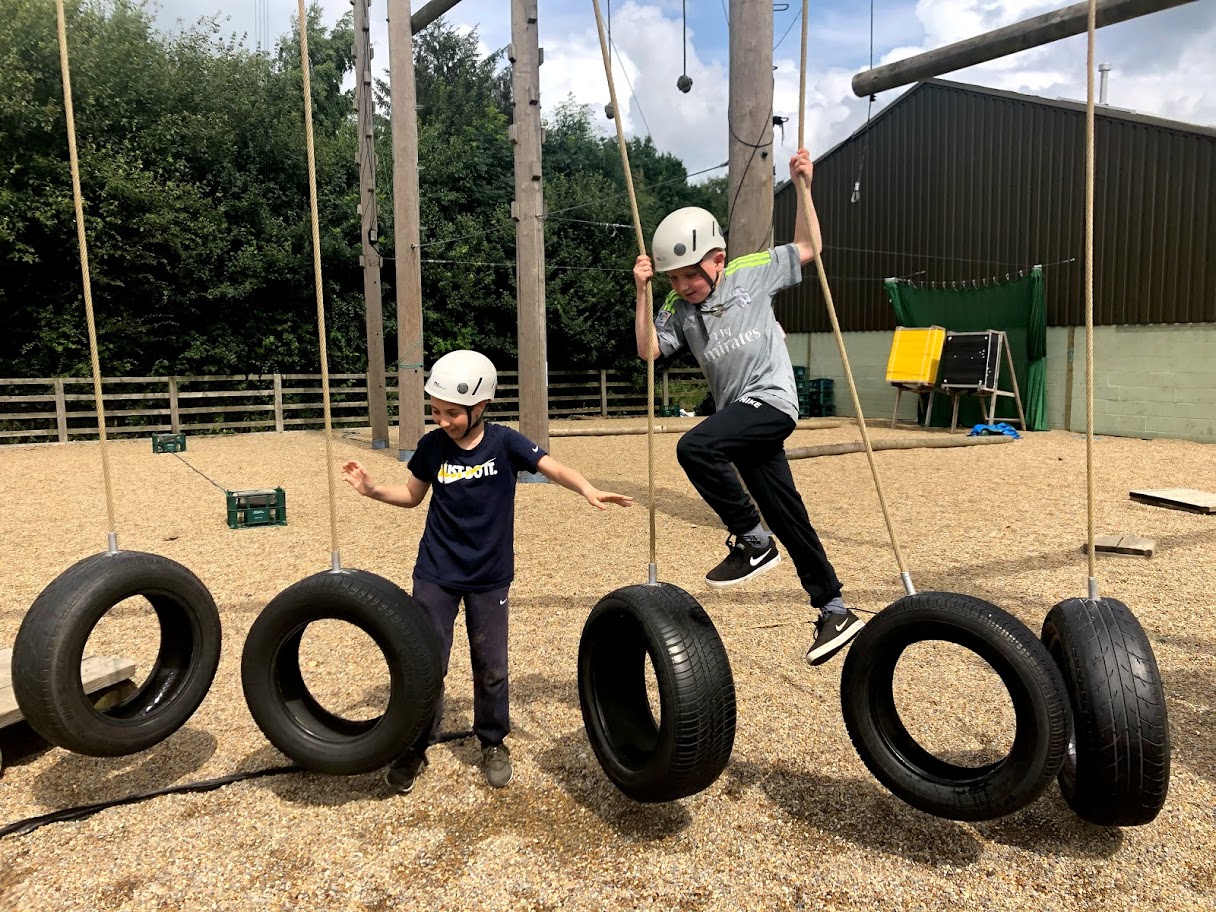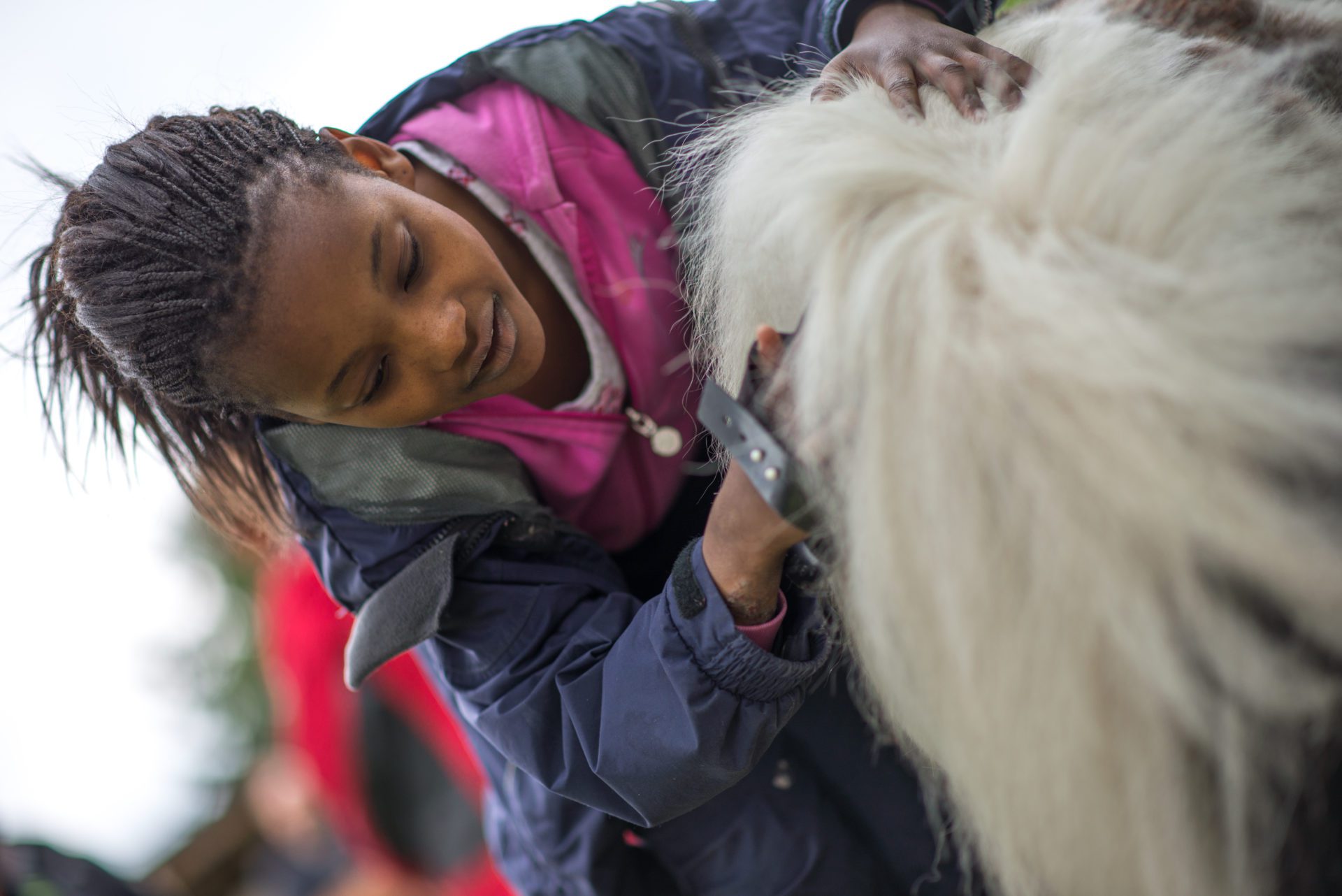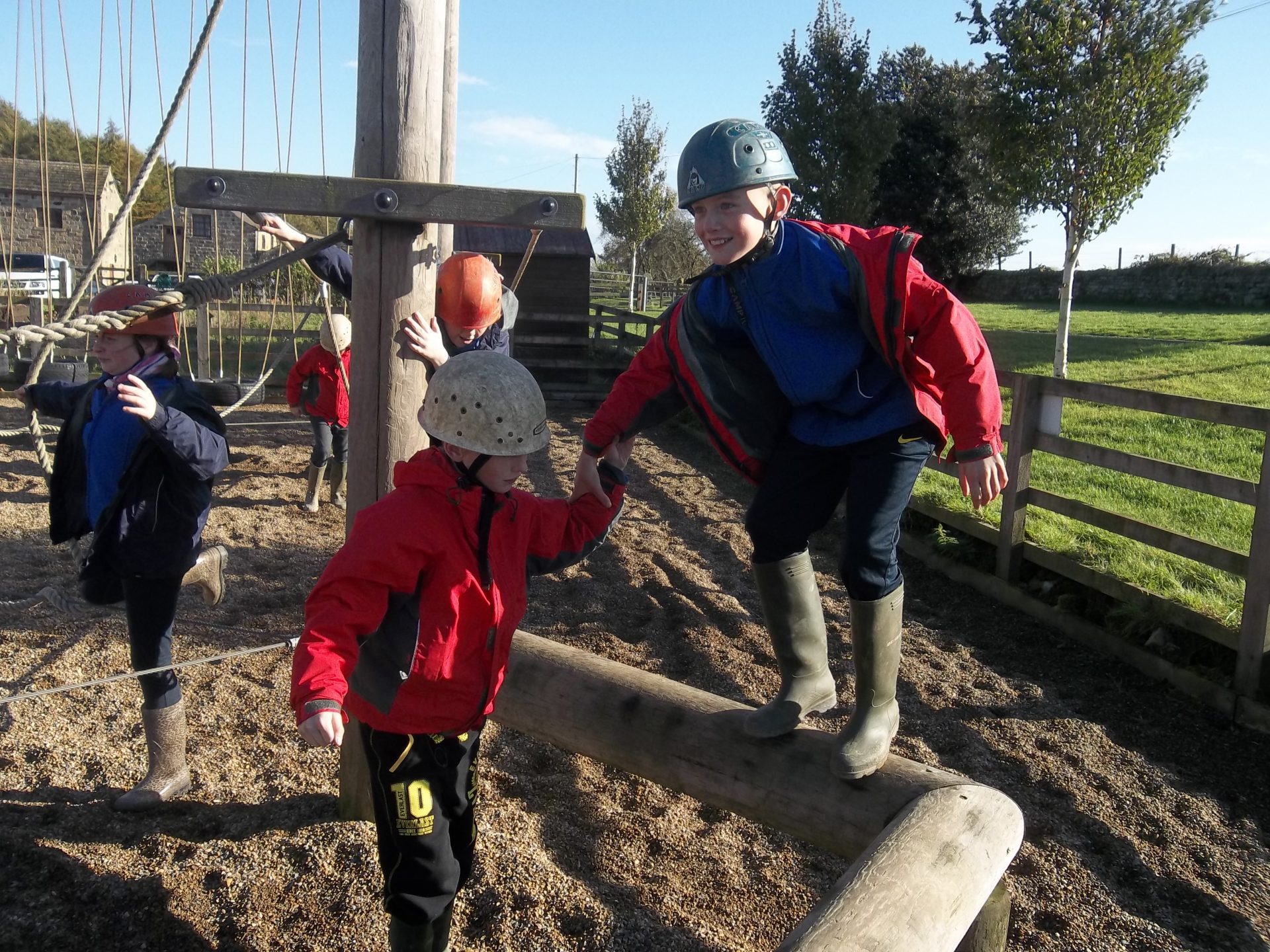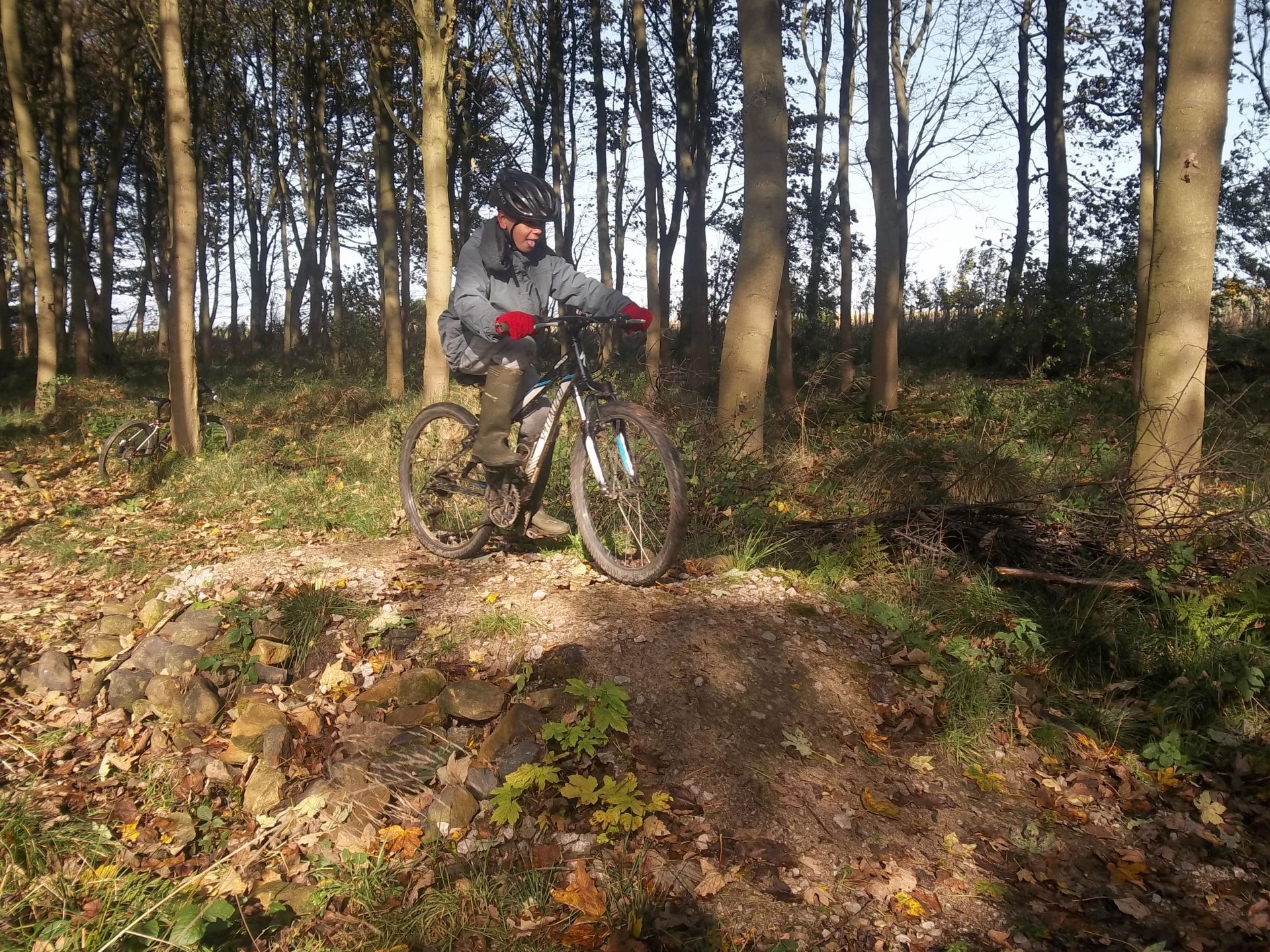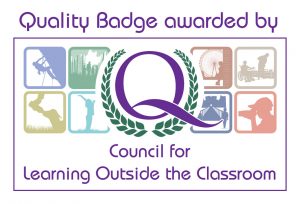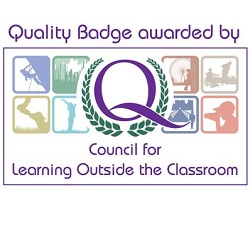Outdoor learning is often the best tool to reinvigorate young people, this is proved time and time again in teacher, school and parent evaluations. Improvements are seen across the board in:
- Attendance
- Behaviour
- Attention and Listening Skills- Self esteem and confidence
- Personal and social communication skills
- Physical health
- Increased positivity
- Enhanced spiritual, sensory and aesthetic awareness.
In addition, we help them build positive, healthy attitudes and a growth mindset which enables young people to go on to make improved progress at school and be more successful in the future.
